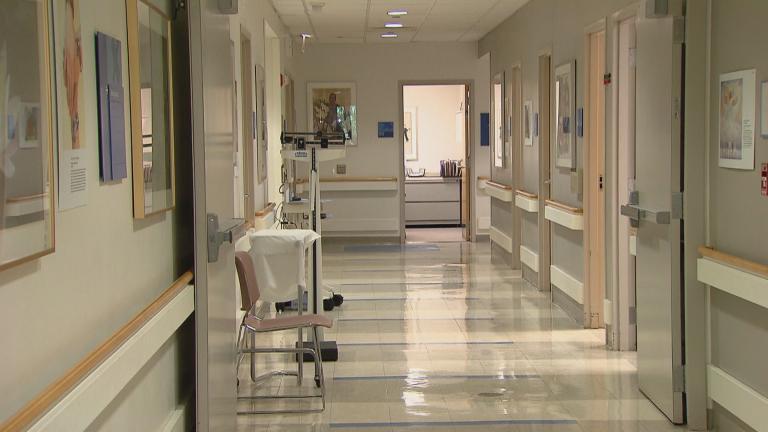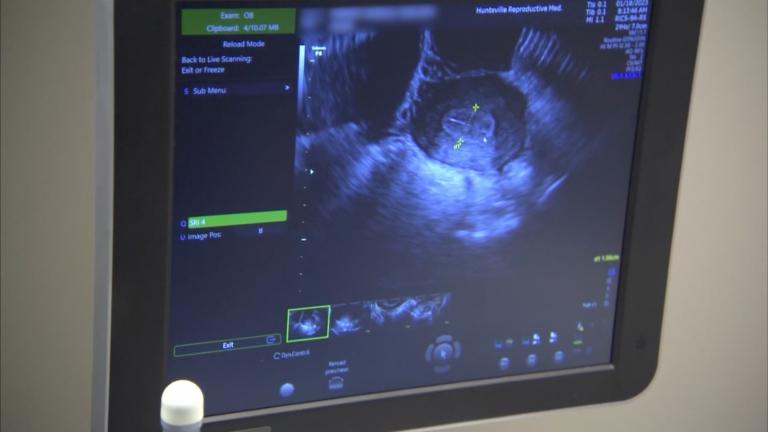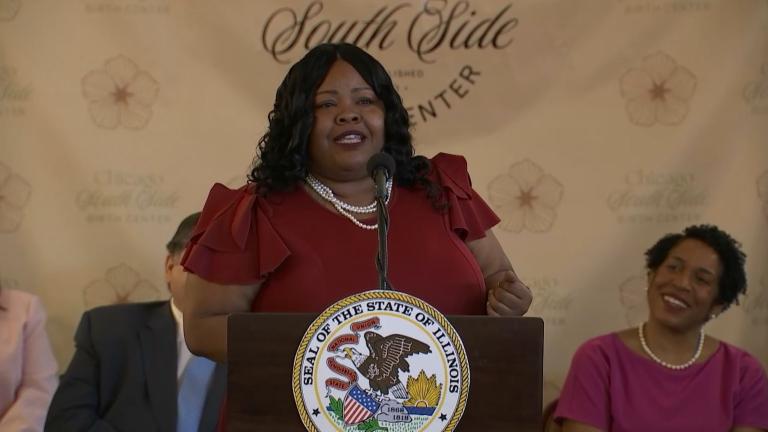Some Illinois employers will soon have to apply for an equal pay registration certificate, and they’ll have to provide workforce demographics and pay data.
It’s part of an amendment to the Illinois Equal Pay Act that legislators passed last year in an effort to address the gender pay gap.
This all comes as women — and especially women of color — have acutely felt the economic impact of COVID-19 as they disproportionately work in industries affected by the pandemic.
The new provision applies to private businesses in Illinois with 100 employees or more, and the Illinois Department of Labor is phasing in the requirement over the span of two years. The department notified the first 625 businesses in January that they need to submit their Equal Pay Registration Certificate by May 25.
“We are charged with requiring employers with 100 employees or more to file registration documents with us to show that they are paying their employees an equal wage or salary. Once we receive those documents, we will verify those wage and salary amounts and look at them at a county level basis,” said Jason Keller, assistant director at the Illinois Department of Labor.
If the employers pay their employees equally, the IDOL will give them a certificate. Employers who do not comply could face up to a $10,000 penalty.
President of Women Employed, Cherita Ellens, says this change will get the state to equal pay for equal work.
Women on average are paid 82 cents for every dollar their male counterparts make, according to the National Women’s Law Center. Meanwhile, Black women only earn 63 cents to their white, non-Latino male counterparts and Latinas earn just 55 cents.
“The Equal Pay Act actually passed in 2003 and we still see persistent wage gaps for equal pay for equal work. It will give employers the opportunity to look at their data and identify if there are issues there that they need to address. And it opens up this notion of pay transparency and allows employees this information they should have,” Ellens said.
The Illinois Department of Labor and Women Employed will be working together to educate low-wage earning women and people of color about their rights and how to better advocate for themselves in the workplace. It’s made possible by a Fostering Access Rights and Equity grant the Illinois Department of Labor received.








